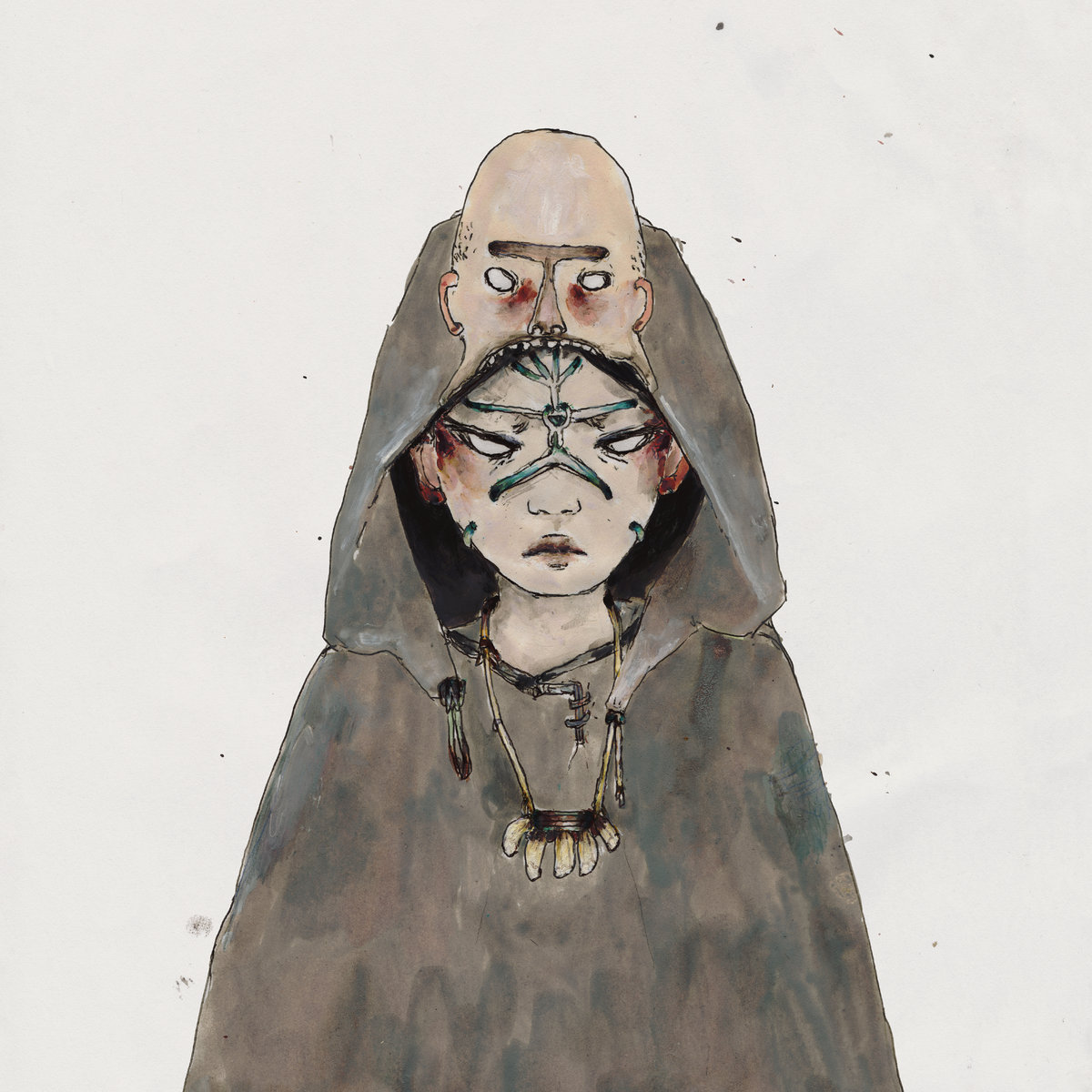Should Cellphones Be Banned At Live Shows?
The hold that our phones have on our lives is often compared to an addiction – a habit that, despite our ‘we can quit at anytime’ attitude, we find it increasingly more difficult to actually press the ‘power off’ button. Considering the world in an alternate timeline; devoid of cellular devices, social media – the ability to communicate instantly with anyone, anywhere – or find out any information at our fingertips, it’s difficult to even imagine such a reality. Even to those of us who grew up in a time where cellphones weren’t necessarily such imperative parts of our lives, where landlines and spiral cords where our only form of telephonic communication – imagining our lives now, without these devices glued to us is actually quite anxiety invoking. I mean, it’s fair to say that many of us, when choosing to turn off our cellphones, to take a break from social media; we are left with these uncomfortable anxiety, as if something is happening that we are missing, that we are alone.
In a recent interview with renowned White Stripes (Raconteurs, Dead Weather) musician Jack White for NBC News, he reflected on his decision to ban phones from his live shows, comparing the ‘addiction’ to mobile phones to alcoholism – that struggle and anxiety of not having our phones on us at all times, to document everything. On his observation of our unhealthy attachment to social media, he stated:
“A good portion of it, 90%, is ‘Look what I’m doing that you’re not doing’. It’s this competition, voyeurism, jealousy – those are really shallow human characteristics.”
This statement is rather apt, and although the idea of not owning a mobile phone at all in the footsteps of Jack White – the idea of how we essentially live much of our lives through our phones, through our portrayal of ourselves on social media and how that takes away from living presently cannot be denied. During live performances of musicians we love, it’s almost a reflex to pull out our phones and press that record button. Although documenting an exciting experience seems like a given, we are taken from the moment; we are experiencing the music via our screens, filming the performance. I am guilty of this, and every single person I know is guilty of this. It’s as though if it is not documented, it didn’t happen – and it’s important for us to show everyone else what is happening in our lives.
Coming away with a video to re-live an incredible experience is great, but we have to ask ourselves why exactly we are recording, snapping shots, furiously sharing our moment-to-moment lives on Instagram. Is this practice really just for our own pesonal consumption? In being so focused on documenting our lives (specifically to share with others), are we only partially living an experience?
Why are we sharing, what we are sharing, on social media? What are our intents, what do we expect to gain from it – and with this self-reflection, are we losing out on precious moments because of this type of obsession?
Many people have anxieties about the evolution of technology and rightfully so – however, perhaps our anxieties have nothing to do with technology at all, but rather the human element that fuels it – whether positive, or toxic. With the modern privilege of having this type of technology in our hands, it’s important for us to recognise the social responsibility that comes with it. With great power, comes great responsibility.
Written by Jenna Dreisenstock




Leave a Reply